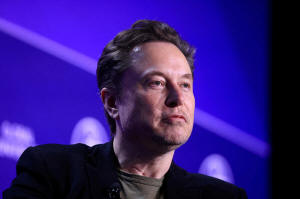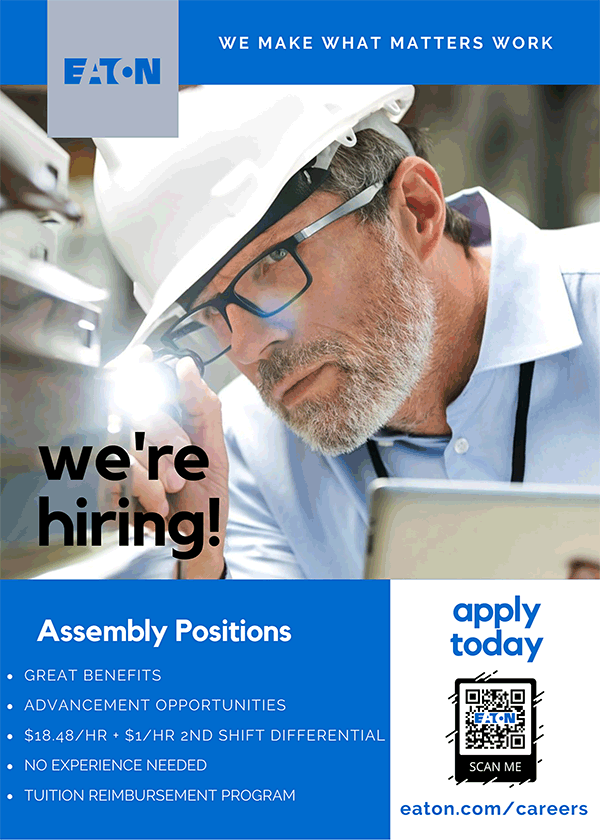|
"And visitors will have to check their Apple devices at the
door, where they will be stored in a Faraday cage," he said.
Apple and OpenAI did not immediately respond to Reuters requests
for comment.
Earlier in the day, Apple announced a slew of AI features across
its apps and operating platforms and a partnership with OpenAI
to bring the ChatGPT technology to its devices.
Apple said it had built AI with privacy "at the core" and it
would use a combination of on-device processing and cloud
computing to power those features.
"It's patently absurd that Apple isn't smart enough to make
their own AI, yet is somehow capable of ensuring that OpenAI
will protect your security & privacy!" Musk said on X.
It was unlikely that anyone would follow Musk's lead, Ben
Bajarin, CEO of consulting firm Creative Strategies, said,
adding that Apple was trying to educate people that private
cloud was as secure as keeping data on a device.
"What (Apple) is trying to now add to the narrative is when
(data) leaves and goes to the secure private cloud, it's
similarly taking that same user data anonymization and
firewalling of that information to you. Apple really never sees
that," he said.
Musk had sued OpenAI, which he co-founded in 2015, and its CEO
Sam Altman at the beginning of March, saying they abandoned the
startup's original mission to develop AI for the benefit of
humanity and not for profit.
He has also founded his own startup, xAI, in a bid to challenge
OpenAI and build an alternative to the viral chatbot ChatGPT.
xAI was valued at $24 billion in its last funding round, where
it raised $6 billion in series B funding.
(Reporting by Zaheer Kachwala in Bengaluru; Additional reporting
by Max Cherney in Cupertino; Editing by Shilpi Majumdar)
[© 2024 Thomson Reuters. All rights
reserved.]
This material may not be published,
broadcast, rewritten or redistributed.
Thompson Reuters is solely responsible for this content.

|
|




